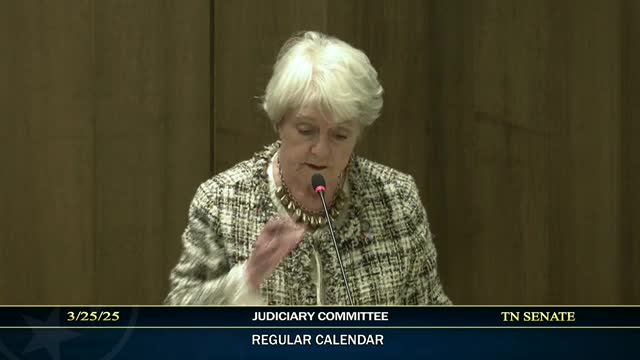Article not found
This article is no longer available. But don't worry—we've gathered other articles that discuss the same topic.
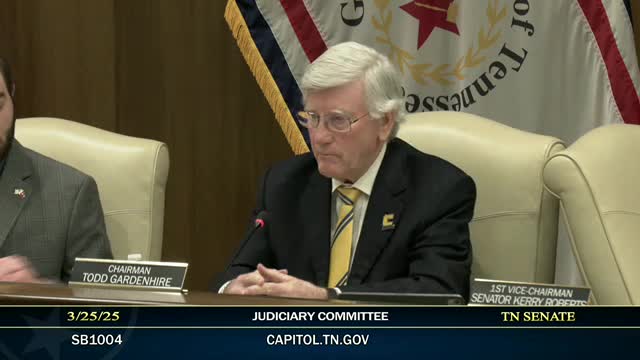
Votes at a glance: actions from the Senate Judiciary Committee hearing
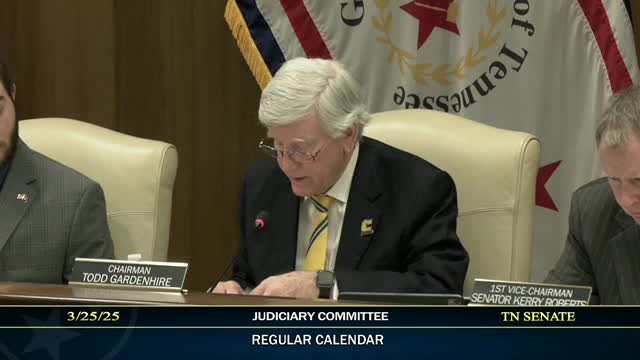
Committee approves bill letting local governments help enforce hemp/CBD rules and collect civil penalties

Committee adopts amendment clarifying 'life and health of the mother' exception to Human Life Protection Act
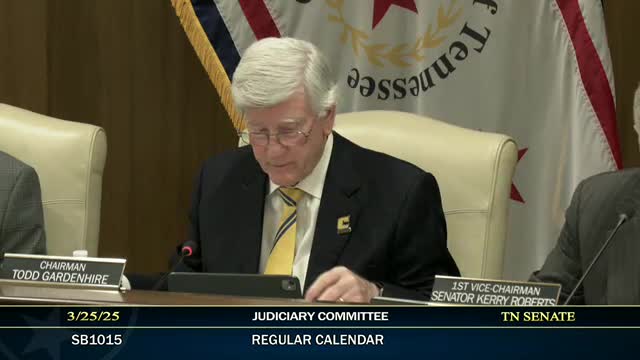
Foster youth’s bill requiring listed rights, training clears Senate Judiciary Committee
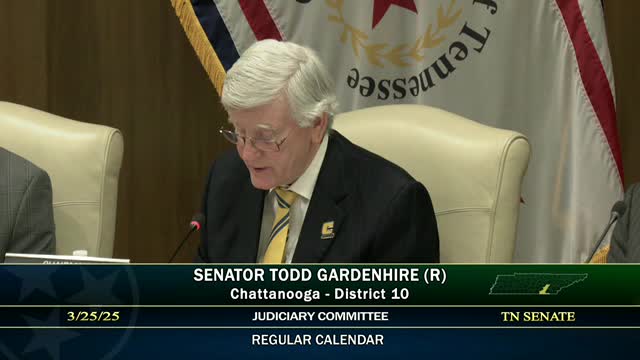
Committee rolls bill that would limit 'criminal responsibility' convictions after testimony from families and prosecutors
